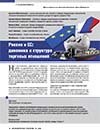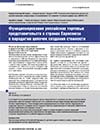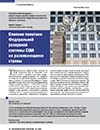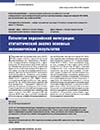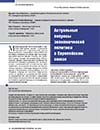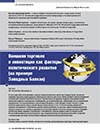
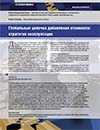
DOI: 10.33917/es-8.166.2019.76-82
Analyzing development of the global industry for servicing agricultural production and formation of international value chains around it, the article substantiates the thesis on formation of exploitation relations within the chains. To this end, the most important innovations in the field of biotechnology, development of their patent-licensed protection system and structural regrouping of the most important companies — players in the global agrochemical market are examined in interrelation with one another over a period of the last forty years. On this basis, formation of oligopolistic structure of international companies, controlling the key links of the chain, which are infrastructural in relation to the others, is shown. Combined with the synergistic effect of the batch sale of technologically heterogeneous goods and services, this creates conditions for monopolistic exploitation of agricultural producers. The latter do not have access to alternative sources of similar goods and services that are competitive in comparison with the “packages” offered by oligopolists. As a result, for each unit of invested capital, the income of the latter is greater than that of agricultural producers, that is, within the chain the income is redistributed in their favour, including funds from end-consumers. The given monopoly is bilateral in nature, as technology companies also transfer part of their income to market leaders, who buy these technologies, for the right of access to their marketing opportunities.
Продолжить чтение





